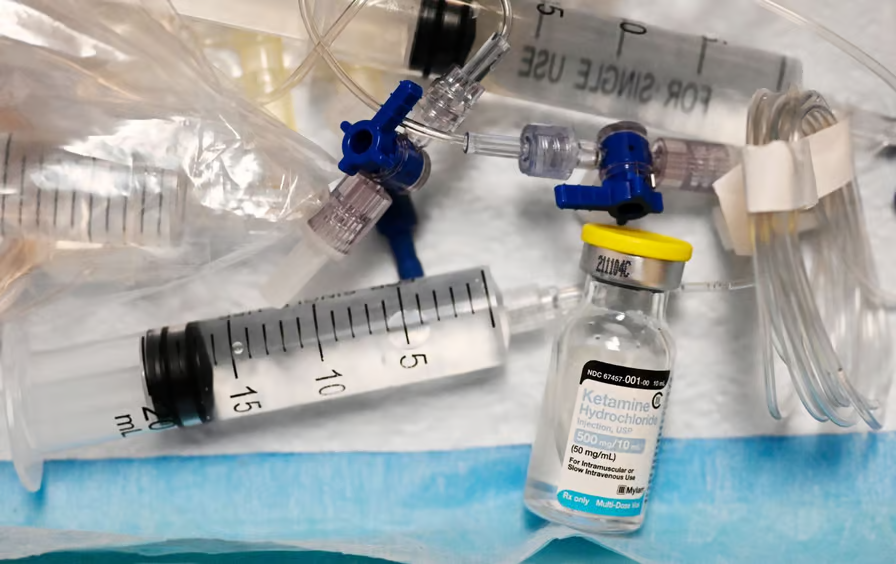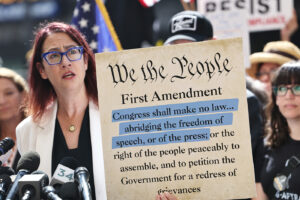February 4, 2023
Can Psychedelics Solve the Youth Mental Health Crisis?
By Lisa Herforth-Hebbert
Nearly two-thirds of young adults report having either depression or anxiety. In California, Connecticut, Illinois, and other states, lawmakers are considering their options for psychedelics legalization.
By Isaac Lozano

As a high school freshman, Aiden McDonnell began exploring dissociative drugs with the help of well-connected friends: first with DXM, a cough suppressant often found in over-the-counter medicine, and later with magic mushrooms and LSD. His initial experiences with these substances—typically labeled “psychedelic” for their visual or illusory effects—were “not fun” and spawned regrets over losing “the innocence of childhood,” said McDonnell. “That’s probably not the best when you haven’t even started figuring stuff out.”
But now McDonnell, 19, is more careful with psychedelics, which he says have helped him understand himself better. His foray into recreational substances isn’t unique and is increasingly common among his generation. According to federal survey data, 8 percent of young adults reported using psychedelic drugs in 2021, up from 3 percent a decade prior. Growing cultural acceptance along with a nascent field of research with promising implications for treating depression have positioned psychedelics as a potential aid to a youth mental health crisis. Nearly two-thirds of young adults report having either depression or anxiety. In 2019, 9 percent of high school students reported attempting suicide during the previous 12 months, and suicide remains one of the leading causes of death for teenagers.
In California, Connecticut, Illinois, and other states, lawmakers are considering their options for psychedelics legalization. And in cities like Oakland, for example, psychedelics remain illegal by state and federal law but have been effectively decriminalized by placing them as the lowest priority for the city’s police department. Full legalization of psychedelic possession, however, remains scant, as legislators hesitate to open paths for recreational use. On the federal level, at least one substance, MDMA, has passed its first Phase 3 trial, needing only a second successful trial before it may be approved for medical use by the Food and Drug Administration.


